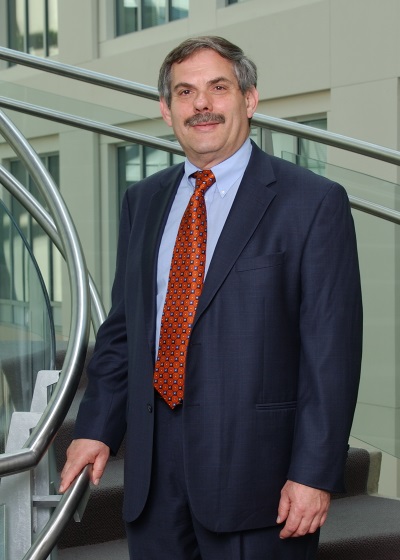
Meeting Abstract
The 2012 report, “Engage to Excel,” from the President’s Council of Advisors on Science and Technology (PCAST) urges the STEM education community and funding agencies to “Advocate and provide support for replacing standard laboratory courses with discovery-based research courses.” Emerging evidence suggests that engaging undergraduates in discovery research as early as possible during their undergraduate years is one of the best strategies for supporting and retaining STEM students and improving aspects of scientific literacy. But providing all students with individualized mentored research experiences, one of the traditional routes to a career in science, is not possible given the large numbers of beginning STEM students and limitations in lab space, supply budgets, and available research mentors. Acting on the PCAST recommendation, many undergraduate STEM educators are now experimenting with various strategies for engaging more students in research, and a variety of tested models are emerging. These successes are catalyzing interest in replacing standard “cook-book” laboratories with discovery-based research and related activities in labs associated with lecture courses or in stand- alone laboratory courses, utilizing on-campus, off-campus, and on-the-web resources. This presentation will report on a convocation around these issues that was organized by a committee of the National Academies of Sciences, Engineering, and Medicine. It will summarize successes and challenges that were discussed during the convocation and are presented in the report.
 Jay B. Labov is Senior Advisor for Education and Communication for the National Academies of Sciences, Engineering, and Medicine. He has directed or contributed to 25 Academies reports focusing on undergraduate education, teacher education, advanced study for high school students, K-8 education, and international education. He has served as Director of committees on K-12 and undergraduate science education, the Academies’ Teacher Advisory Council, and was Deputy Director for the Academy’s Center for Education. He directed a committee of the NAS and the Institute of Medicine that authored Science, Evolution, and Creationism and oversees the National Academy of Sciences’ efforts to confront challenges to teaching evolution in the nation’s public schools. He coordinates efforts at the Academies to work with professional societies and with state academies of science on education issues. He also oversees work on improving education in the life sciences under the aegis of the Academy’s Board on Life Sciences.
Jay B. Labov is Senior Advisor for Education and Communication for the National Academies of Sciences, Engineering, and Medicine. He has directed or contributed to 25 Academies reports focusing on undergraduate education, teacher education, advanced study for high school students, K-8 education, and international education. He has served as Director of committees on K-12 and undergraduate science education, the Academies’ Teacher Advisory Council, and was Deputy Director for the Academy’s Center for Education. He directed a committee of the NAS and the Institute of Medicine that authored Science, Evolution, and Creationism and oversees the National Academy of Sciences’ efforts to confront challenges to teaching evolution in the nation’s public schools. He coordinates efforts at the Academies to work with professional societies and with state academies of science on education issues. He also oversees work on improving education in the life sciences under the aegis of the Academy’s Board on Life Sciences.
Dr. Labov is an organismal biologist by training. Prior to accepting his position at the Academy in 1997, he spent 18 years on the biology faculty at Colby College (Maine). He is a Kellogg National Fellow, a Fellow in Education of the American Association for the Advancement of Science, a Woodrow Wilson Visiting Fellow, and a 2013 recipient of the “Friend of Darwin” award from the National Center for Science Education. In 2013 he was elected to a three year term beginning in 2014 in which he served as chair-elect for 2014, chair for 205 and past chair for 2016 of the Education Section of the American Association for the Advancement of Science. In 2014 he was named a Lifetime Honorary Member by the National Association of Biology Teachers, that organization’s highest award and recognition. He received an Academies Staff Award for Lifetime Achievement in December, 2014.

